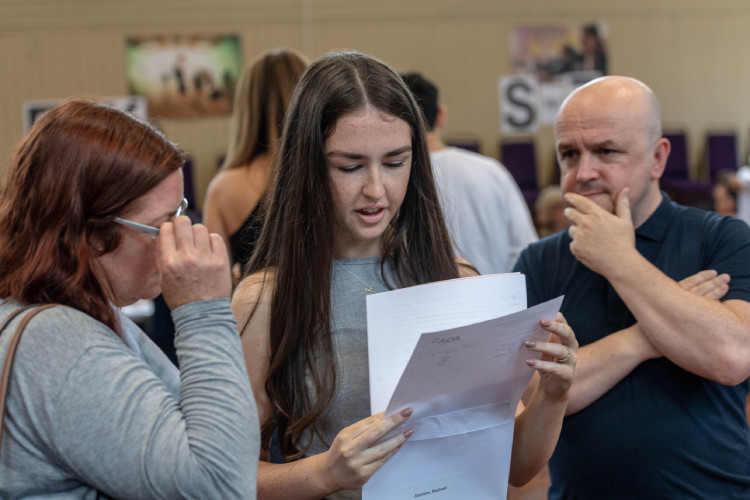
What are the hardest GCSEs?
GCSEs cover a wide range of subjects, offering students the opportunity to explore different fields of study. They also set out the foundation for their future professional careers. While the difficulty level of a GCSE can vary based on personal strengths and interests, certain subjects are often seen as harder than others and our tutors agree. So, what are the hardest GCSEs?
GCSE Maths
GCSE Maths is widely agreed as one of the hardest GCSE subjects. Its concepts and requirement for problem-solving skills make it challenging for many students. The curriculum includes topics such as algebra, geometry and trigonometry, which can be complex. Moreover, the requirement to apply theoretical knowledge to practical situations through word problems adds another layer of difficulty. However, the logical and analytical thinking skills developed through studying GCSE Maths can be invaluable in various academic and professional pursuits. And, it may be hard but our expert Maths online tutors are here to help!
GCSE Sciences (Physics, Chemistry, Biology)
GCSE Science, including Physics, Chemistry, and Biology, are considered challenging due to their in-depth concepts, experiments and content. These subjects require students to develop a deep understanding of scientific principles, define complex terminologies, and apply critical thinking to solve problems. The practical components, such as conducting experiments and analysing data, also demand attention to detail and accuracy. Nevertheless, these subjects provide a solid foundation for further studies in the sciences and are highly rated by universities and employers, so they’re worth the stress!
Modern Foreign Languages (MFL)
Learning a modern foreign language, such as French, German, or Spanish, can pose significant challenges for students. The need to grasp new vocabulary, grammar rules, and pronunciation can be daunting. Furthermore, language learning requires consistent practice which can be time-consuming. Students must develop listening, speaking, reading, and writing skills simultaneously. However, the ability to communicate in a foreign language opens doors to cultural understanding, international opportunities, and improves overall cognitive abilities.
GCSE English Literature
GCSE English Literature often proves to be a demanding subject due to the extensive reading and critical analysis required. Students are expected to study a wide range of texts, including novels, plays, and poetry, and delve deep into their themes, symbolism, and historical contexts. Close reading skills, literary analysis, and essay writing are key components of this subject. The interpretation and articulation of ideas, combined with effective written expression, make English Literature a challenging yet rewarding choice. Nevertheless, our GCSE English tutors are great at simplifying the assessment objectives, so our students do very well!
History
GCSE History is another subject known for its rigorous demands. It involves the study of past events, analysing their causes and consequences, and understanding the wider historical context. Students must memorise significant dates, names, and events. But, more importantly, they must develop critical thinking skills to evaluate evidence, construct arguments, and present historical interpretations. The ability to analyse sources and present arguments are key skills and are highly valued in higher education.
Summary
Whilst GCSE subjects vary in difficulty based on individual strengths and interests, some subjects have a reputation for being particularly hard. GCSE Maths, GCSE Sciences, Modern Foreign Languages, GCSE English Literature, and History often rank among the hardest GCSE subjects. This is due to their concepts’ need for critical thinking. However, it’s important to remember that while these subjects may be difficult, they also provide students with valuable skills and knowledge that can benefit them in future. With perseverance and effective study techniques, students can surpass these difficulties and succeed in their exams.


